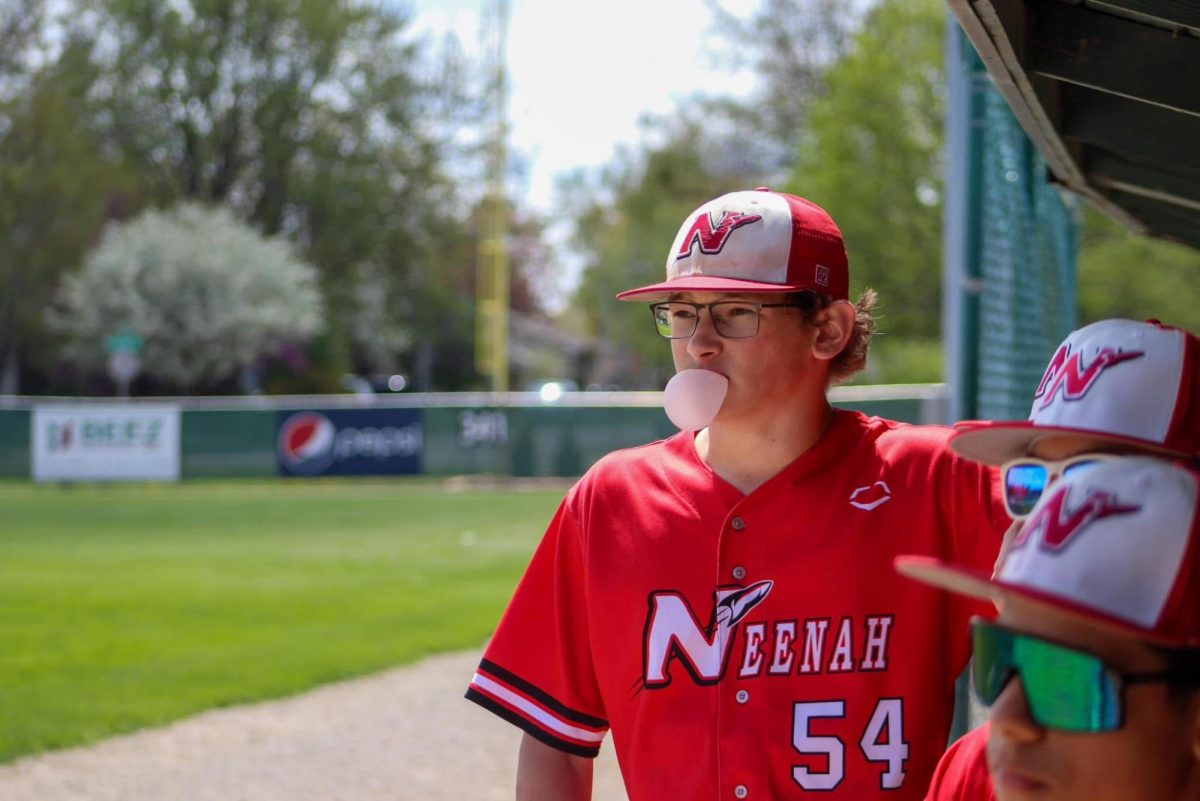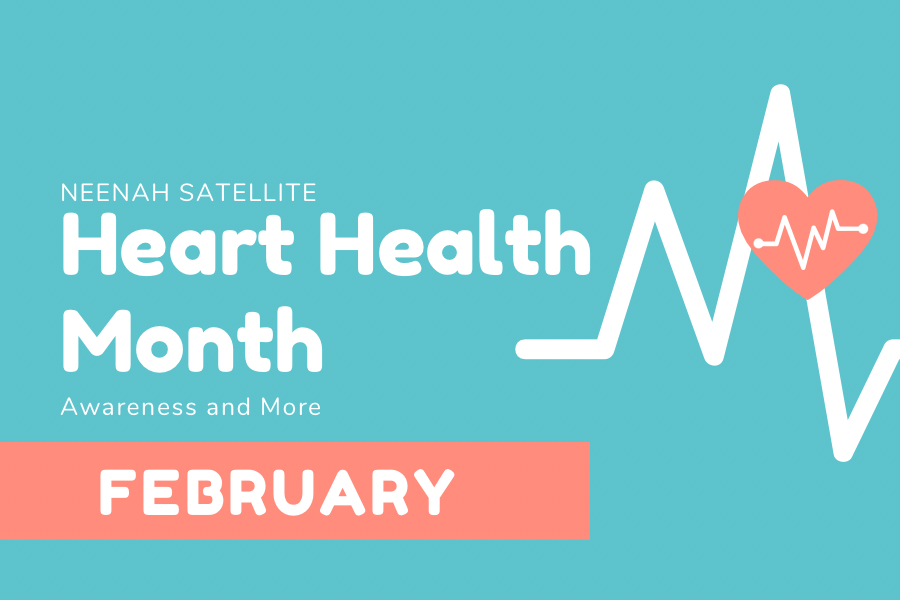Depression exists within the student body.
Statistics show that 11 percent of teens, according to the National Institute of Mental Health, are diagnosed with depression by the age of 18. (Additional statistics are found at http://www.nimh.nih.gov/health/topics/depression/index.shtml .)
The NHS percentage is unable to be tracked.
A recent article in Boy’s Life explains that depression is a chemical imbalance in the brain, but it cannot confirm what exactly causes depression. It can be hereditary or induced by a traumatic event.
A senior girl, her name has been withheld to protect her identity, describes her depression as feeling sadness, stressed and overwhelmed all the time. She said it is difficult to keep her grades up and focus on school and homework. Often she feels “worthless and useless.” The senior said times exist when she feels so hopeless or sad that she cannot eat and her weight fluctuates regularly. Headaches are common with her and hard to rid.
The teen admits that she is always torn between trying harder on being happy or giving up. “I’m tired of having to fake smile when I’m with anyone,”she said. She struggles to be active due to her body feel constantly worn out. “Even if I get a decent amount of sleep, I’m always tired,” she shared in a tone that demonstrated her point.
“Nothing is even fun anymore,” she said. She does not enjoy doing things that she did in the past and few activities make her happy. This bothers her to the point where she is angry at herself.

Mrs. Beth Altekruse, co-chairperson of the guidance department, said that the best treatment for depression is a combination of anti-depressants and counseling. The medication must be prescribed by a doctor.
Altekruse also recommend Catalpa, a treatment center in Appleton that involves Affinity Health System, Children’s Hospital of Wisconsin and ThedaCare. It is also an online resource http://catalpahealth.org/ .
According to Healthguide.org, having social connections, exercising and maintaining a healthy diet help treat depression along with reducing stress and getting a proper amount of sleep helps those dealing with depression. Additional tips are available via http://www.helpguide.org/articles/depression/depression-treatment.htm .
Another treatment is calling the Depression Hotline: 1-630-482-9696 or the Appleton Suicide Hotline: (920) 832-4646. The suicide hotline can be called even without having suicidal thoughts.







